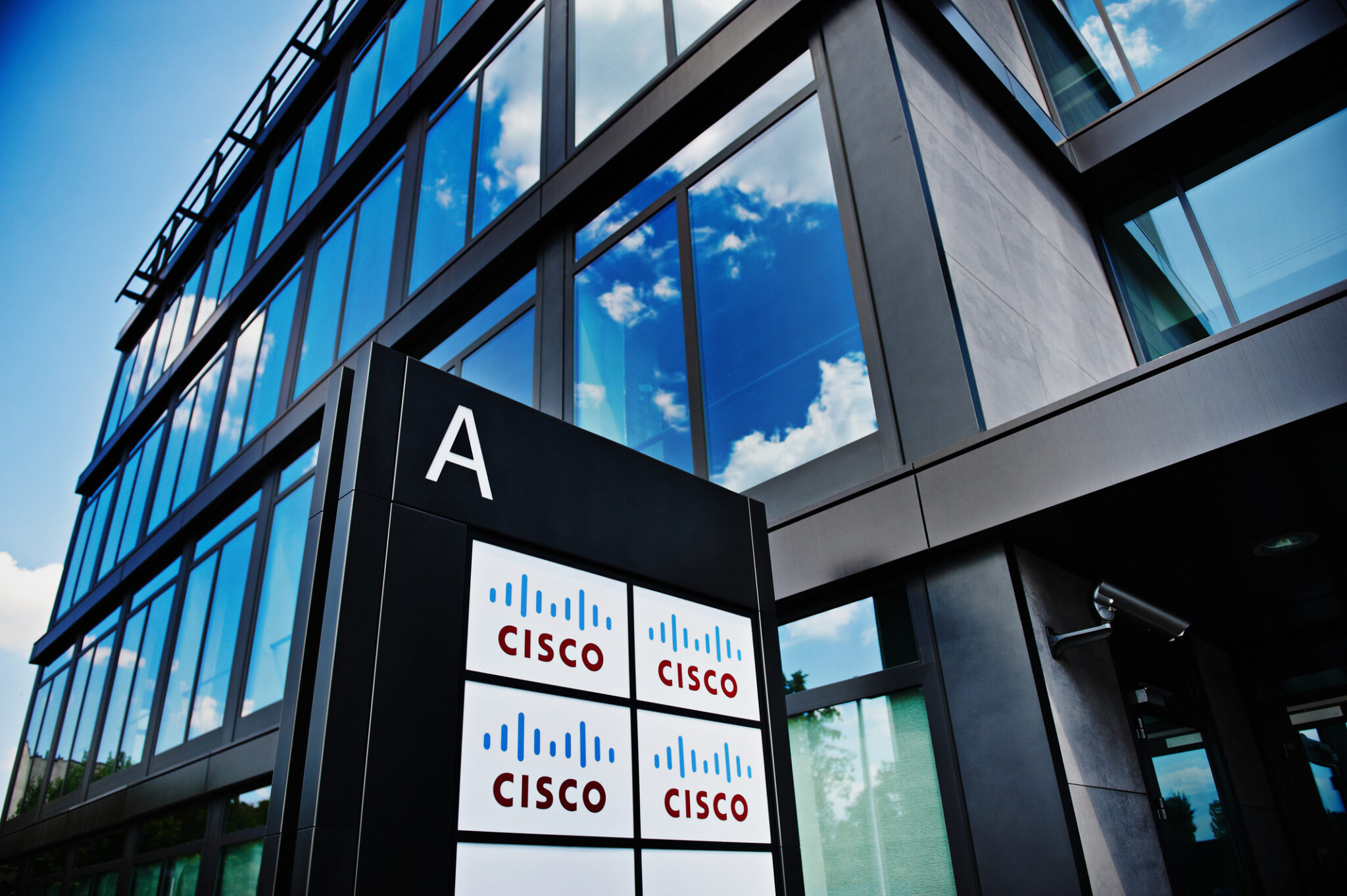The networking equipment market, usually associated with technical specifications, has just become the arena for a brutal corporate battle with geopolitical undertones. TP-Link, the global router giant, has filed a lawsuit against its US competitor Netgear. The Chinese manufacturer claims that the rival is taking advantage of the tense political atmosphere in Washington with a behind-the-scenes disinformation campaign. The highest stakes are at stake – TP-Link’s to be or not to be in the key US market.
In a lawsuit reached by the business media, TP-Link accuses Netgear of systematically lobbying cyber security experts and journalists. The aim of these actions was to ruin the reputation of the Chinese manufacturer by spreading false information about security vulnerabilities in its products. TP-Link estimates the damage suffered to be at least US$1 billion and is seeking a review of a previously concluded patent dispute that cost the company US$135 million to Netgear.
This corporate offensive is only the tip of the iceberg, however. At the end of 2024, TP-Link found itself under the magnifying glass of US regulators. While there is no direct evidence of the company’s deliberate collaboration with Chinese intelligence, its devices have in the past been used as vectors in massive cyber attacks by groups linked to Beijing. In the current political climate, with Donald Trump’s administration known for its uncompromising approach to Chinese technology, the mere fact of the capital’s origin could be enough to impose severe sanctions.
Faced with potential exclusion from the US market, TP-Link is taking desperate restructuring steps. The company is attempting to disassociate itself from its roots by establishing a new, formally independent headquarters in Irvine, California, to operate as a separate entity from its Shenzhen headquarters. History shows, however, that such manoeuvres are sometimes ineffective. The example of chipmaker Nexperia proves that the formal separation of structures is not always enough to assuage regulators’ national security concerns. For TP-Link, the coming months will be a crucial test of whether the legal and organisational strategy will be enough to survive in the US market.












